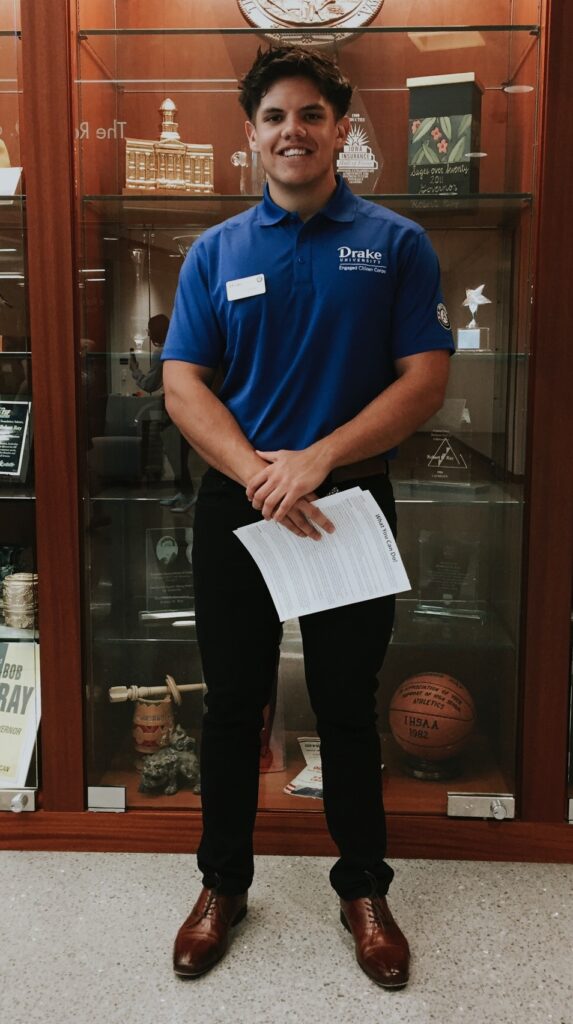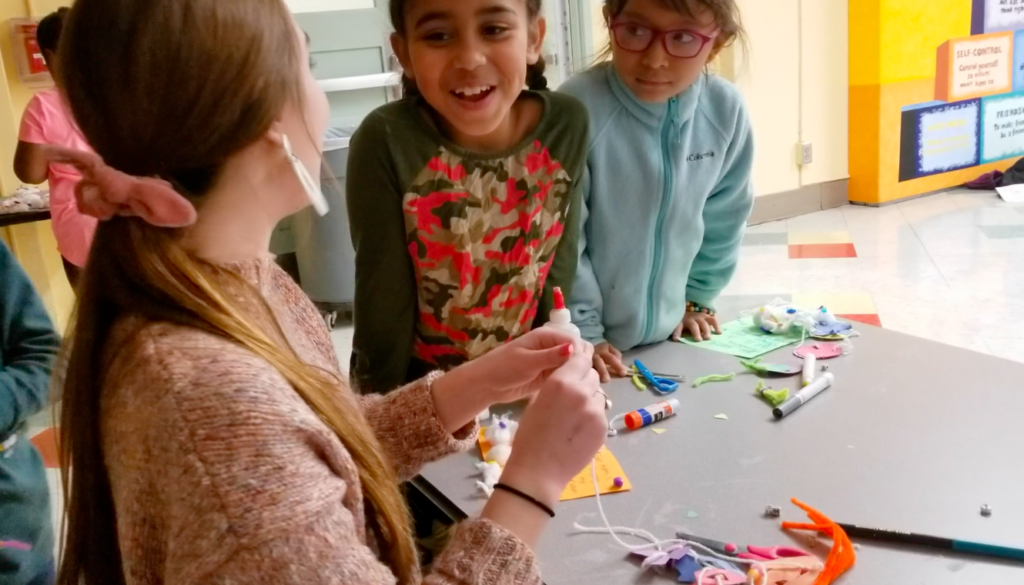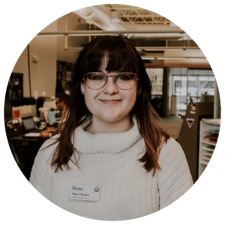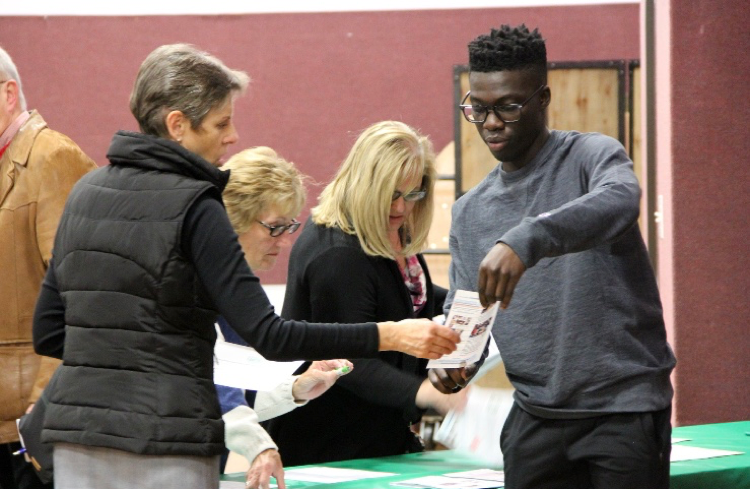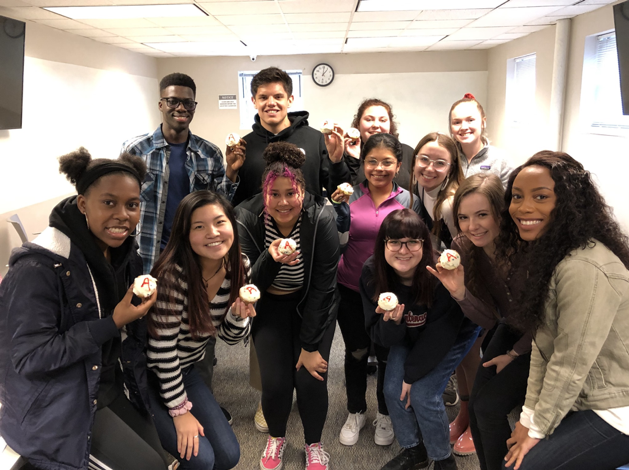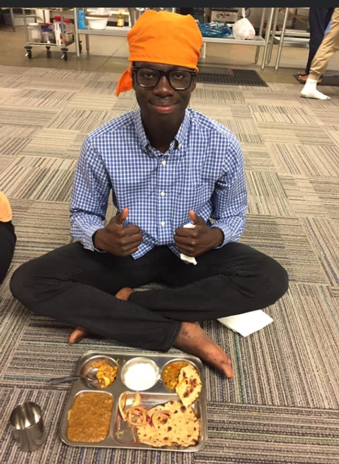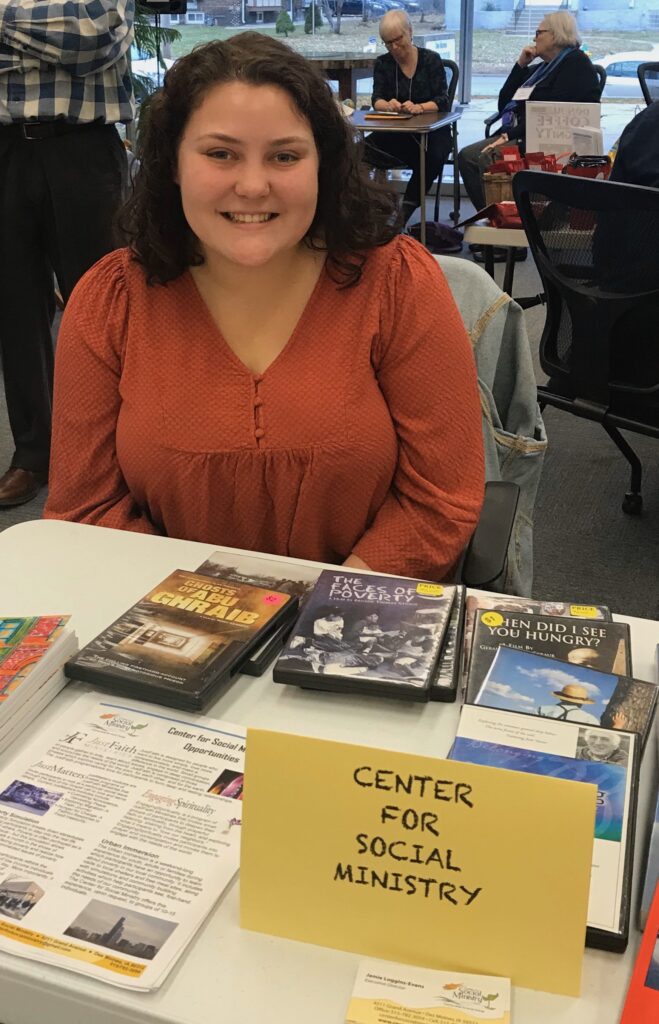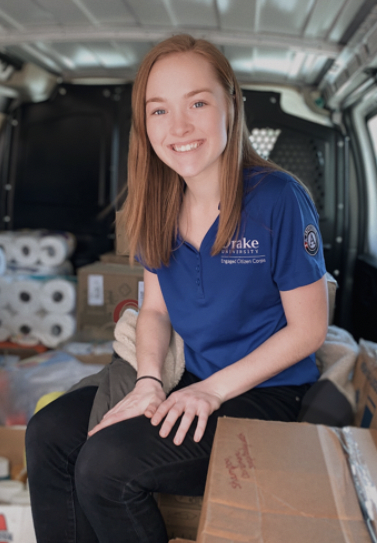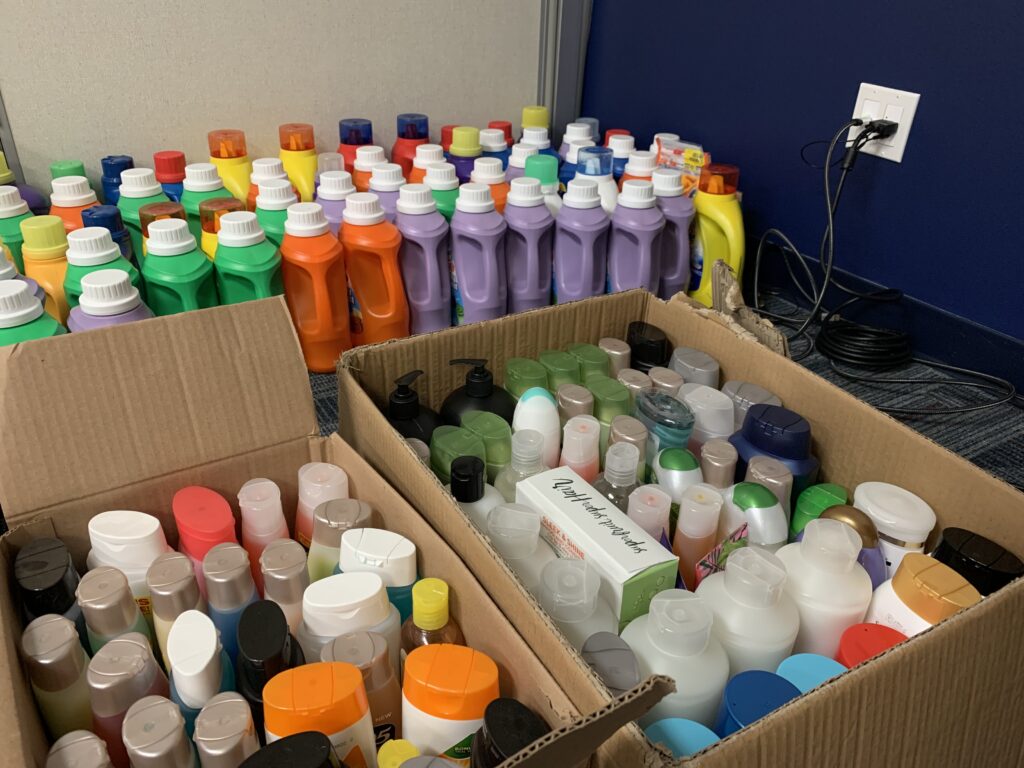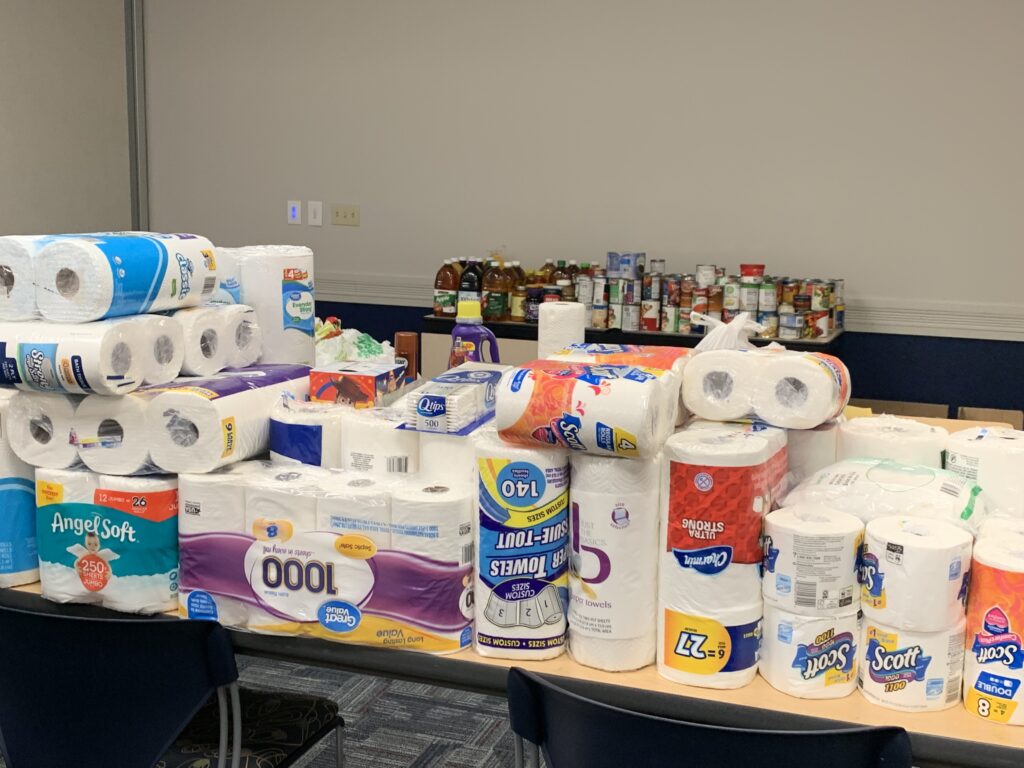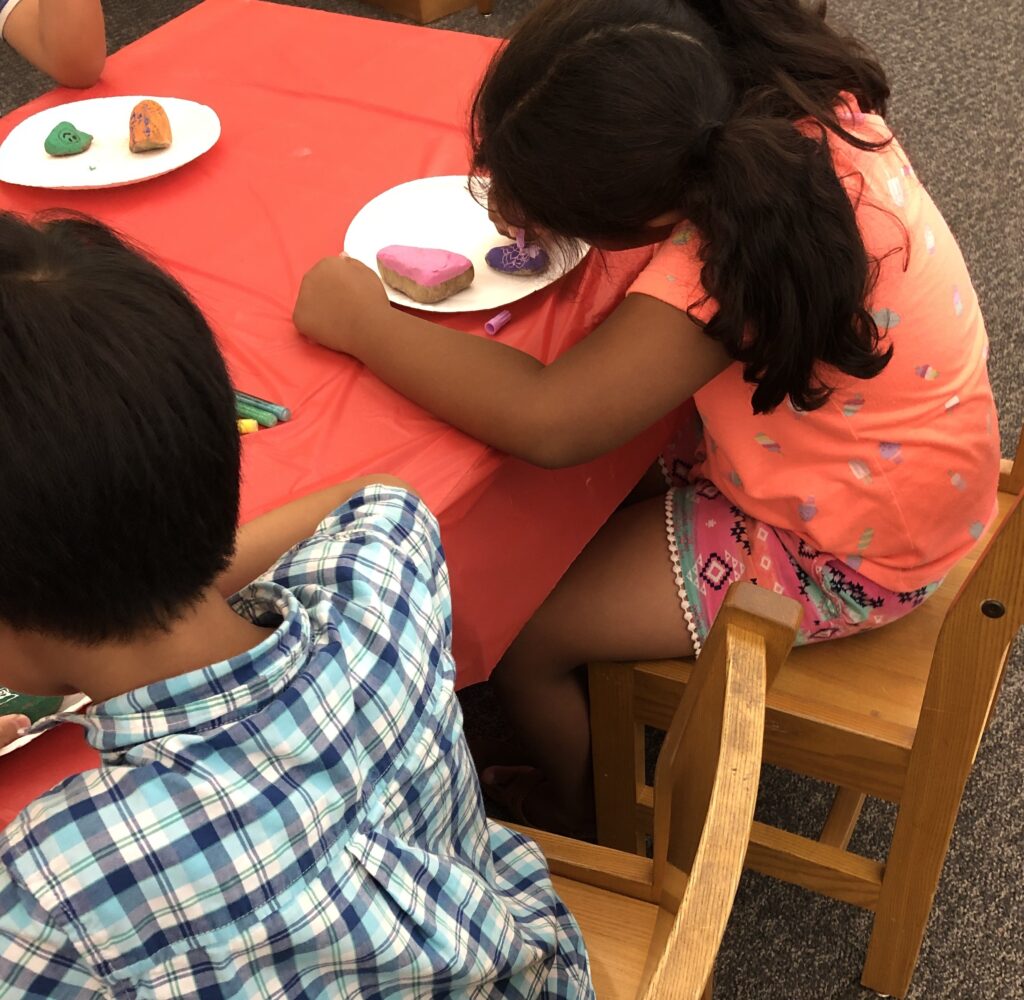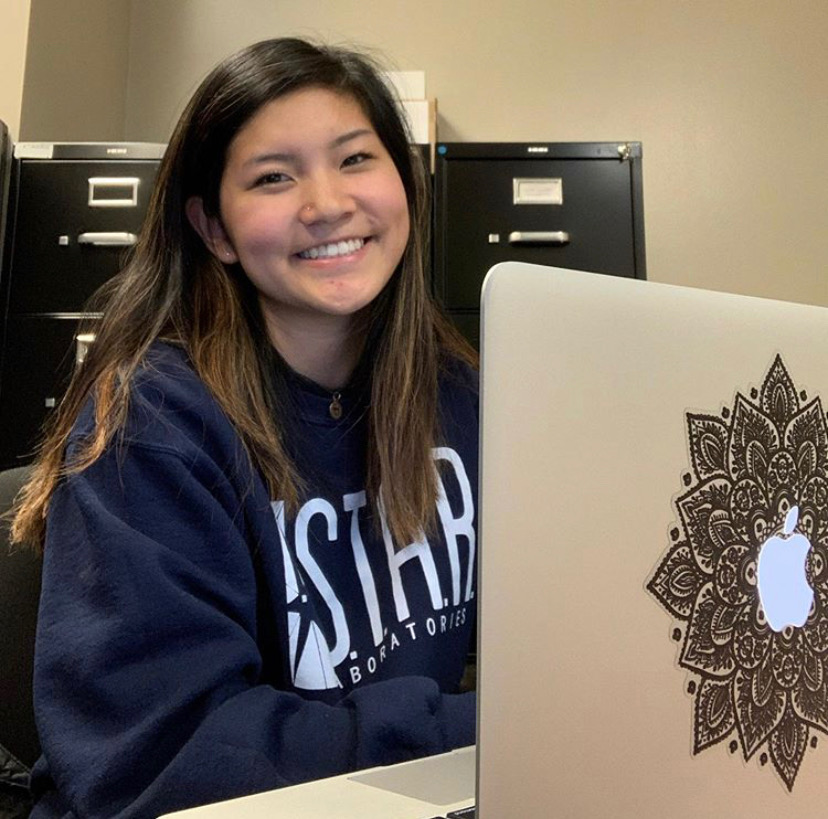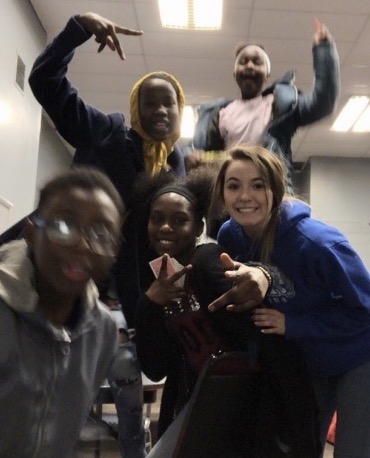Zoe McWell, Engaged Citizen Corps Member
With being in the Engaged Citizen Corps and being paired with the non-profit Impact Community Action Partnership, I’ve gained first-hand experience with service learning. Through these experiences, along with taking the Toxic Charity First-Year Seminar class, I have gained new knowledge about the world of charity and how to make it beneficial for both parties. I have gained new insights that I had never thought about previously.
While working at Impact I have learned how much people value and appreciate the work the staff at Impact does for the community. Although I felt like my work wasn’t making a huge difference, I realized the small things do have an impact on the community. Impact specializes in energy assistance as well as operating a food pantry. I focus on the newsletter, entering information into the computer, and helping at the food pantry. While working with Impact I have seen the Des Moines community and have learned more about the people that are in the Drake community and that not everyone is experiencing the Drake neighborhood like me.
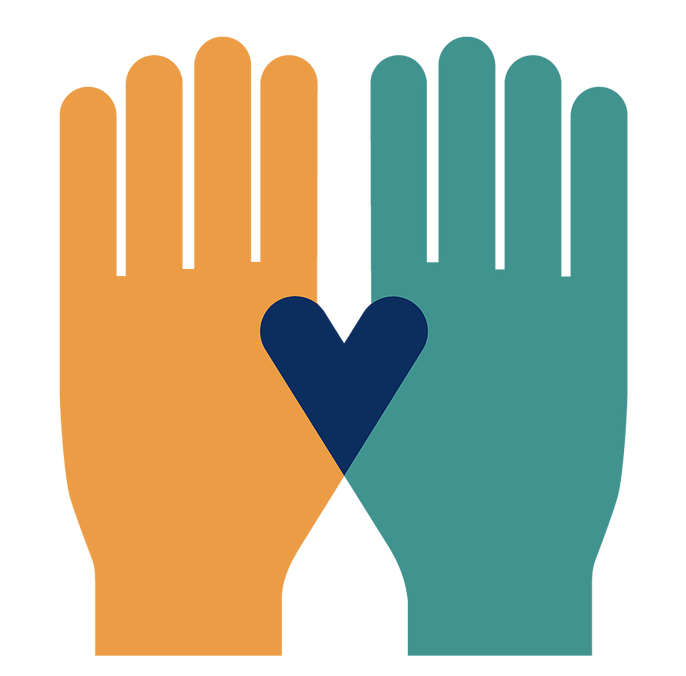
Something I have learned since working at Impact is that you don’t have to be upfront and hands-on working with the people in need. Like I stated before I have been working on the newsletter. Although it is not hands-on working with people, it is still important because it is informing the people who need to know what is happening at Impact as well as other non-profits. With a newsletter, we can spread the word about what is going on at Impact to the people that need our services and volunteers. When I am in the food pantry, it is more hands-on and I get to see and interact with the people who come for food. How I know that what we do at Impact is positive is reflected through the feedback cards that I enter. Much of the feedback we receive is super positive and it demonstrates just how much of an impact Impact makes on the community of Des Moines.
When I got paired with Impact I had no clue what to expect. It was a whole new experience I wasn’t used to, being from a privileged upbringing. It made me check my privilege and realize that there are people who can’t and don’t have the things I do. Being part of the ECC has connected me to an eye-opening experience with the people who I have always aimed to help in life. Working with Impact has made a huge impact on my life by allowing me to work and help people like I plan to do in life. Because of my service learning, I have realized how much I as a person can do to serve those who need it the most and how much I can do even behind the scenes.
I have learned so much since being a part of this program. I have been able to have a first-hand experience that I can bring with me into my major of psychology. I plan to be a clinical psychologist who will be helping those who need mental help. Witnessing first-hand how mental illness plays a part in the people who go through the food pantry of Impact has given me a better reason to pursue my career as a psychologist.
